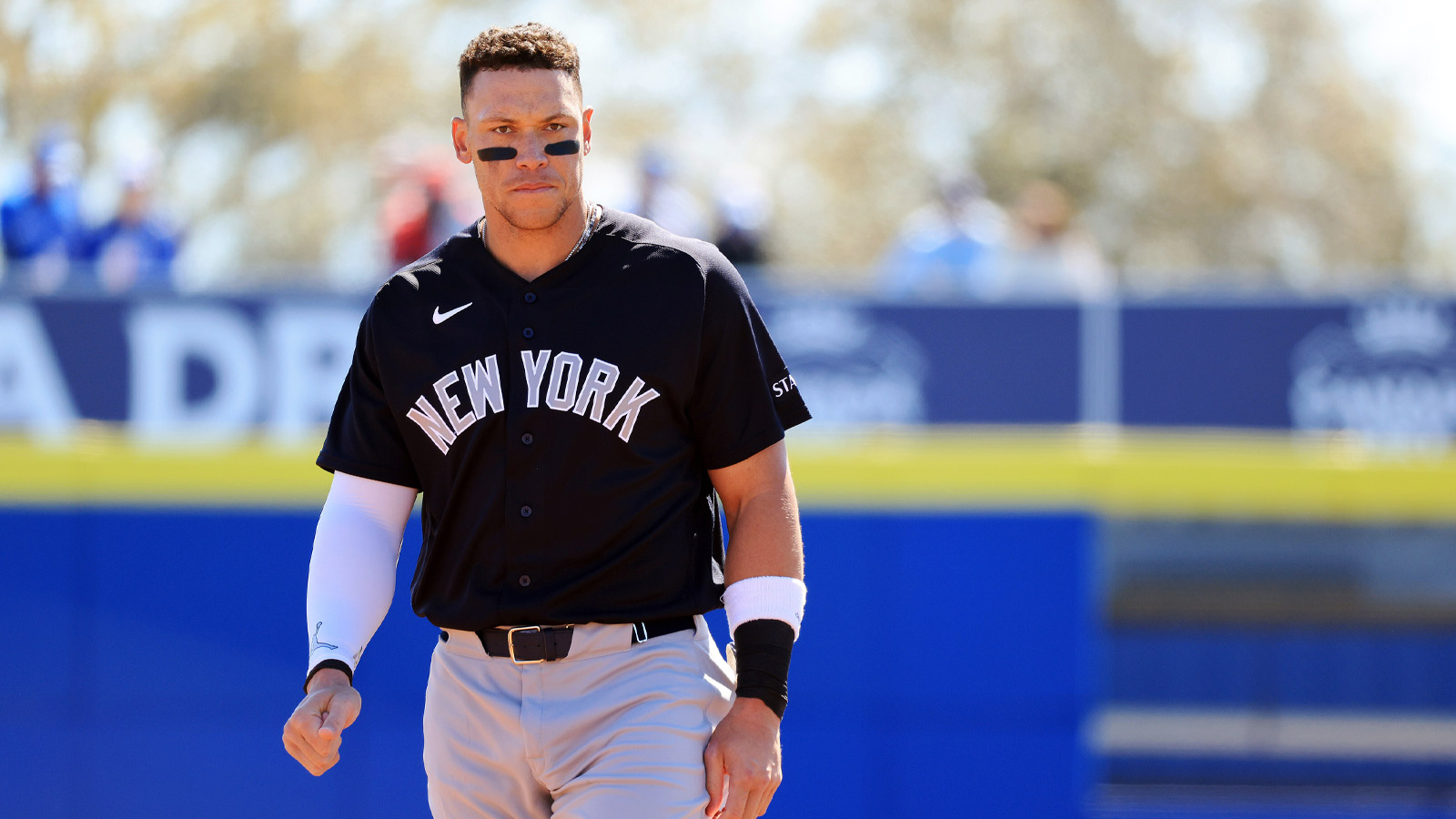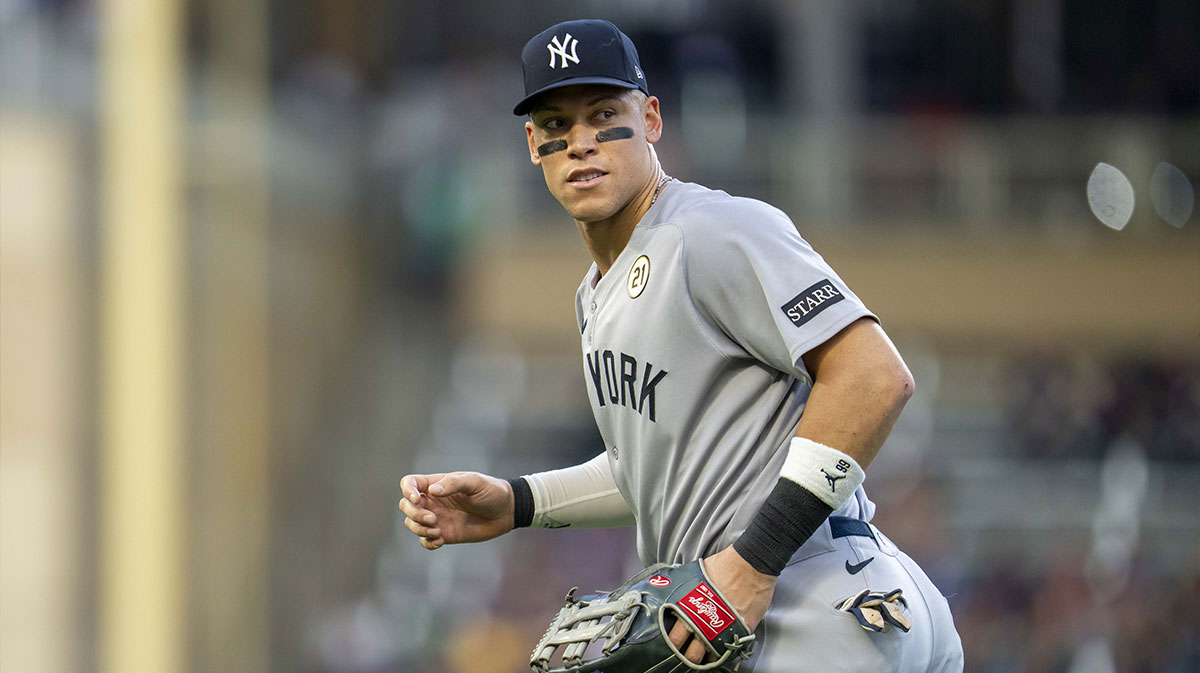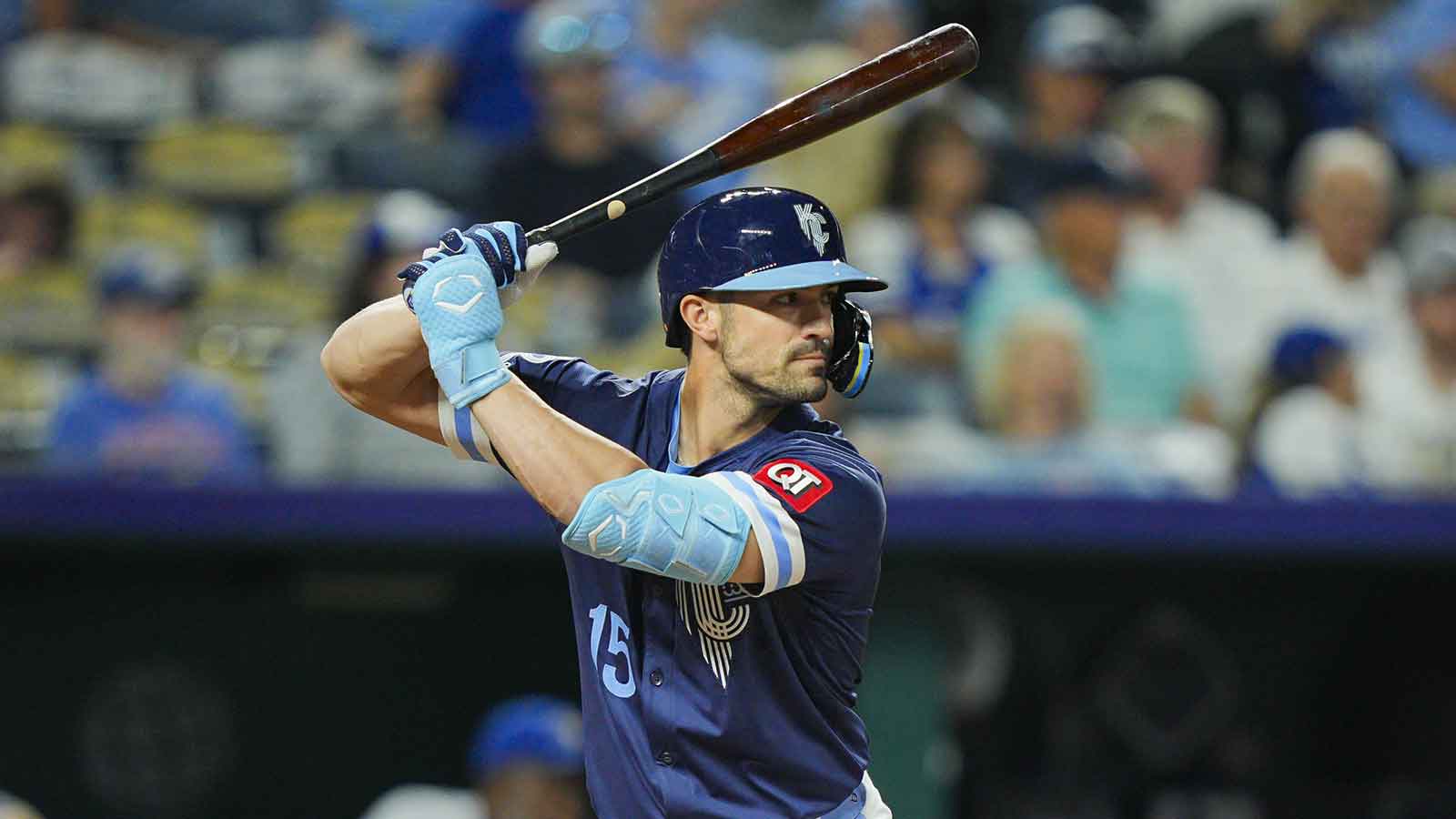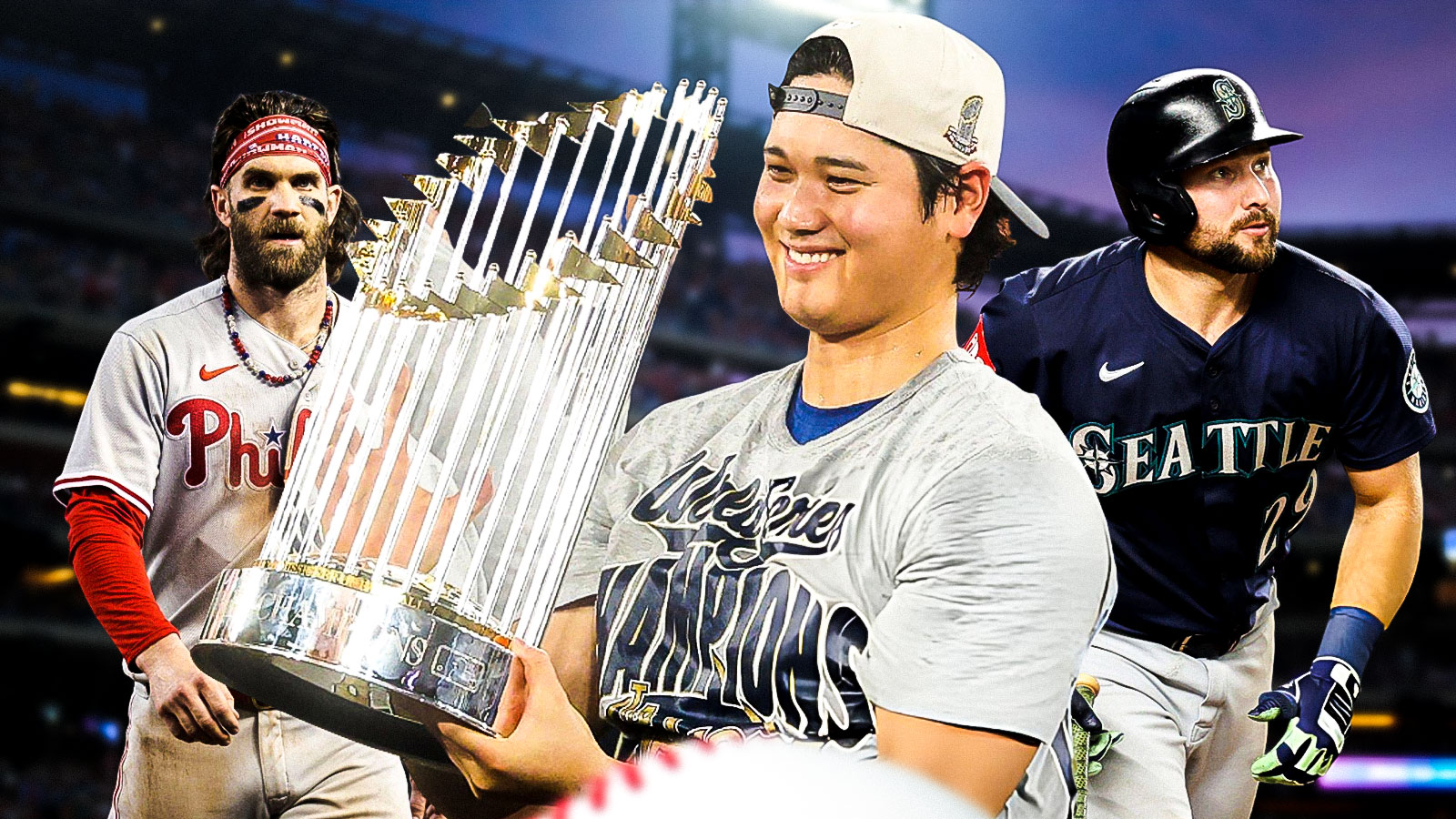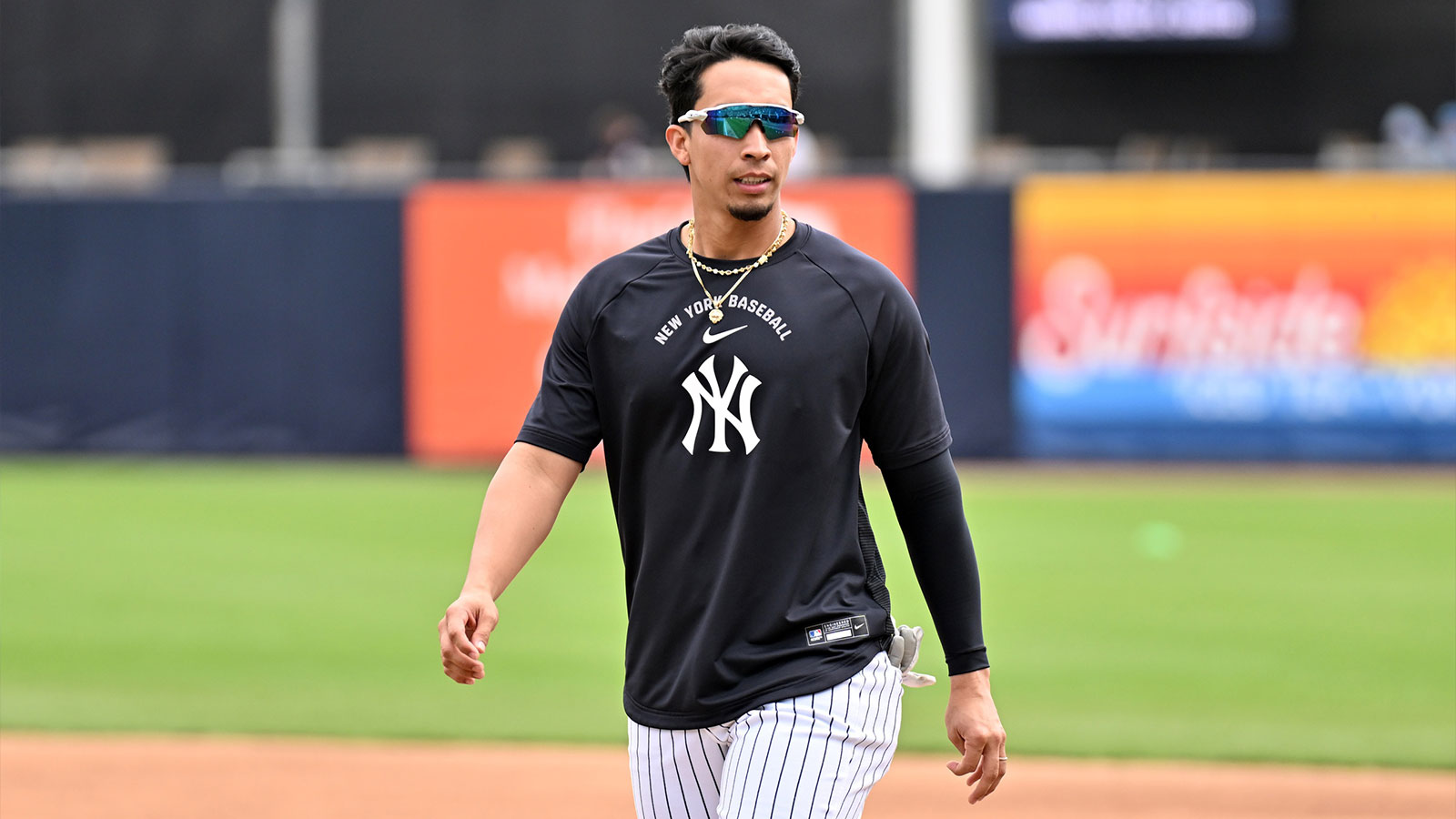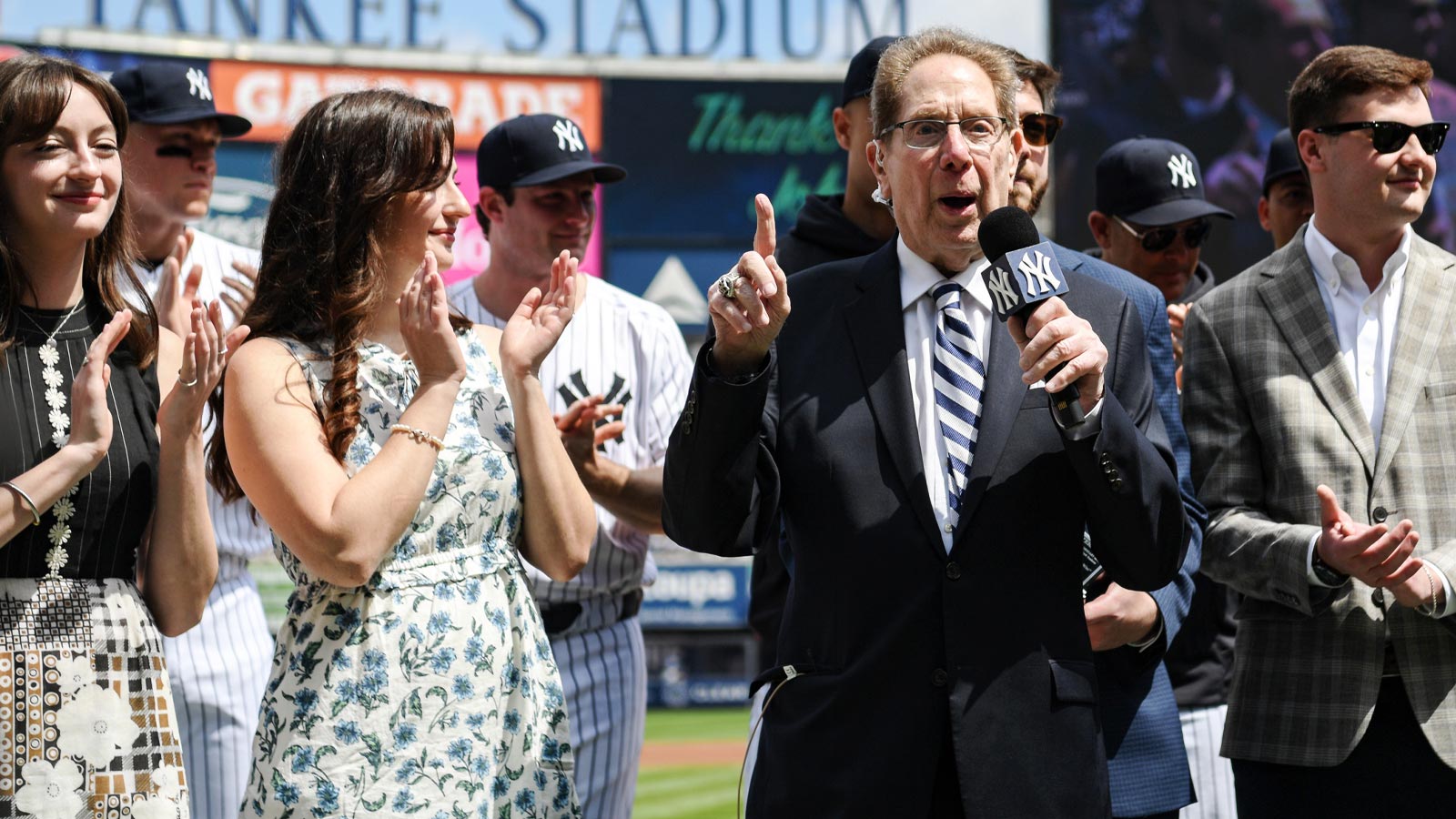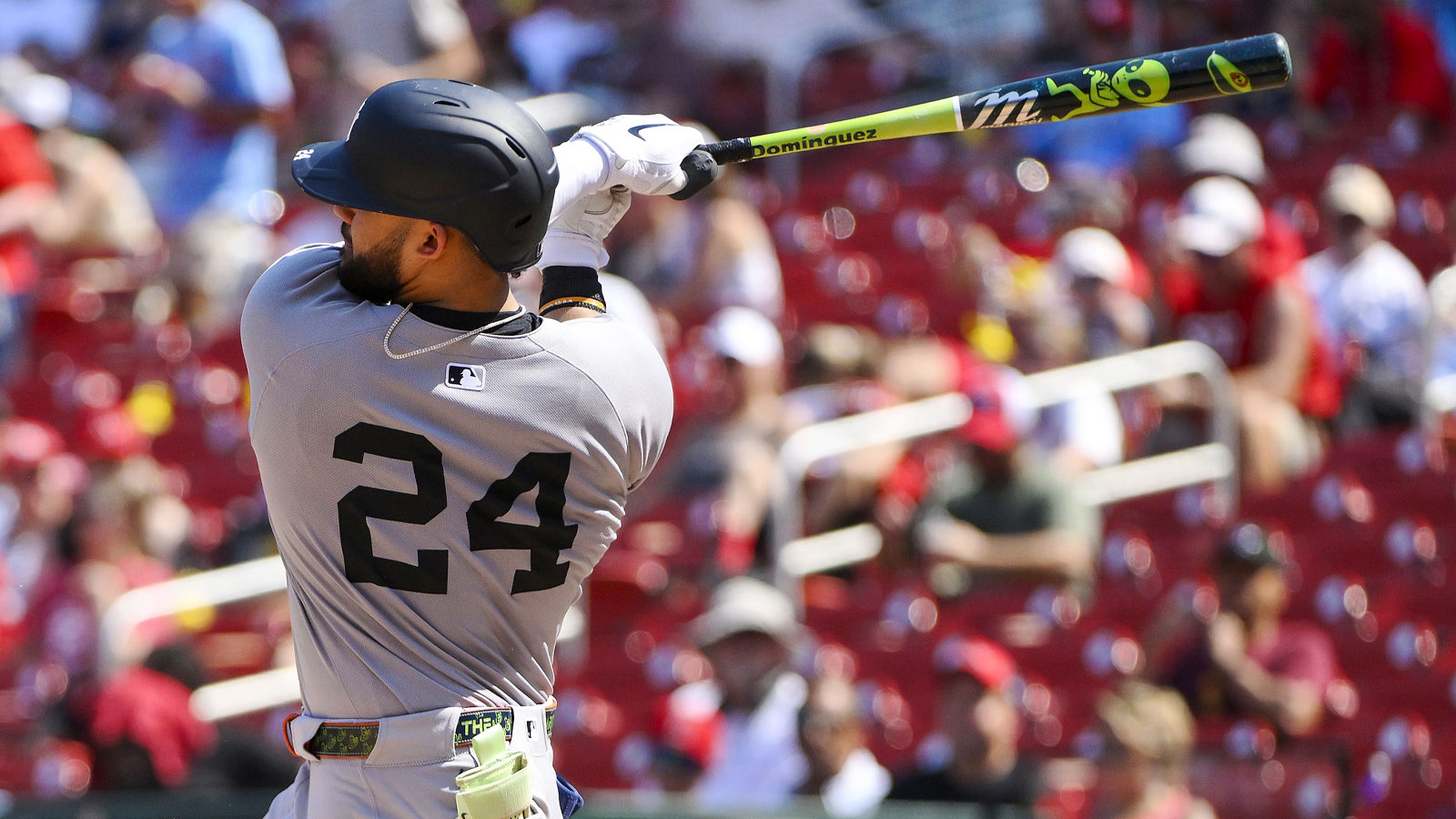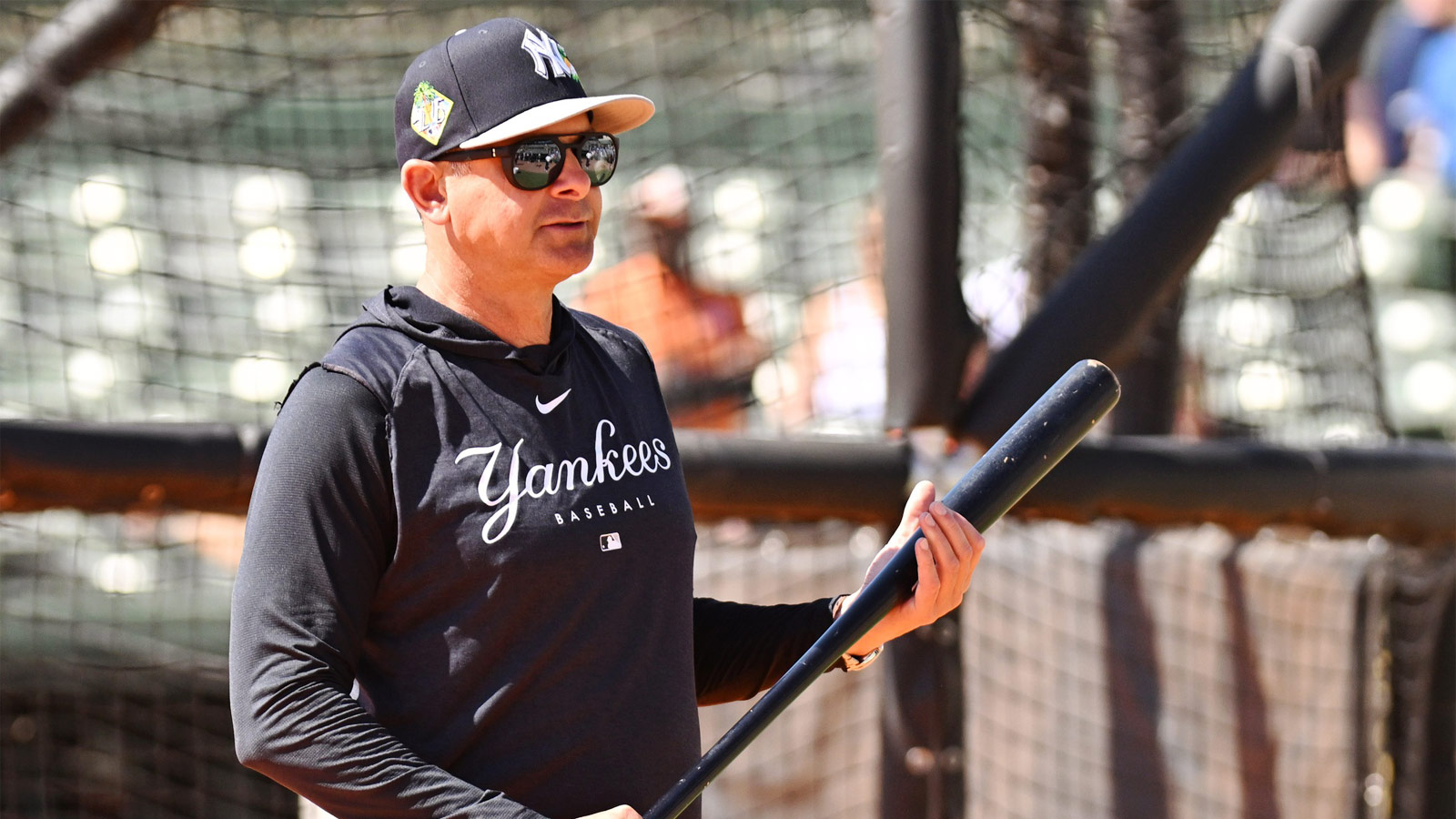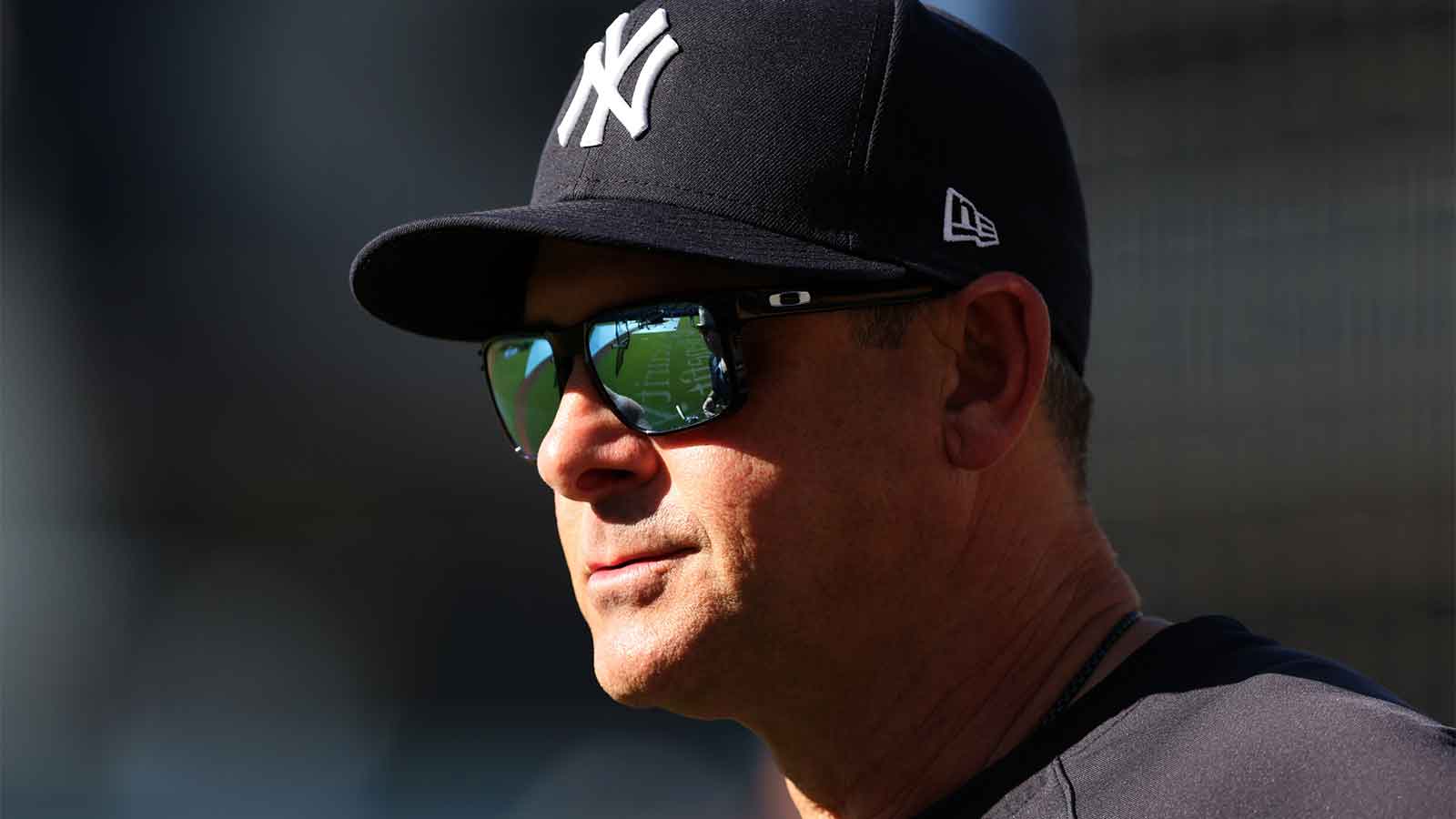As of Tuesday, Japanese sensation Yoshinobu Yamamoto was posted to the MLB. This means that the window is officially open for big league teams to negotiate with him and come to terms on a contract agreement. That includes the New York Yankees, one of his potential suitors.
Yamamoto was a star pitcher in Japan and is considered one of the top pitchers on the free agent market this offseason. Any team that needs a starter should be looking to sign Yamamoto, although there are some legitimate concerns to be aware of.
Let’s take a deeper look at the potential market for Yamamoto’s services, past contracts as baselines, and come up with the ideal contract that the Yankees can offer Yamamoto, as well as other variations of a deal that can be discussed during negotiations.
The Baseline
If I am Yamamoto’s agent, the absolute baseline is seven years and $168 million. Alternatively, I'd have a discussion around eight years, $176 million. What is my rationale for these numbers? Masahiro Tanaka’s contract with the Yankees, with a premium added since that deal was nearly a decade ago.
Aaron Nola recently signed an extension worth $172 million over seven years. Yamamoto has the potential to be better than Nola, and he is only 25 years old. The contract won’t be covering his age-36 and age-37 years, and the value of the deal should reflect that.
Also, with Nola signing an extension there is one less option left on the table for those teams that miss out on Yamamoto, which only serves to drive up Yamamoto’s value even further.
Because teams will be more desperate to sign the few remaining quality starting pitchers that are available, the remaining teams are more likely to get into a bidding war, which will drive up the cost of signing Yamamoto.
The risk
Now that we’ve discussed the baseline for where a deal could be realistically negotiated, let’s take a look at the risks. It is reasonable for a team to exercise risk management and make sure that they are doing due diligence on all of their investments. As good as Yamamoto is, there are some concerns.
The biggest risk is simply the step up in competition coming to the MLB. Due to the difference in competition levels, there is significant risk in signing international free agents. For every Tanaka or Ichiro, there’s a Kei Igawa or Kosuke Fukudome.
The Rodon Factor
Let's get one thing out of the way first: This Yankees roster will be very expensive if they sign Yamamoto. They already have Gerrit Cole, Aaron Judge, Carlos Rodon, and Giancarlo Stanton under contract.
The Rodon signing was a mistake. It is increasingly looking that way, and if he has another year like he had last year it will arguably be one of the worst Yankee signings in recent memory.
While attempting to make up for a bad investment with another investment is not always the best idea, in this case, it is essential. If the Yankees do not make the investment in Yamamoto to obtain another high level starting pitcher, not only will they have lost the money on Rodon but they will also have wasted their investments in Cole, Judge, and even Stanton. If I am Hal Steinbrenner, this is simply unacceptable.
The Yankees' goals were to get younger and more athletic. As far away as they seem from contention right now, signing Yamamoto and trading for Juan Soto would fit their two biggest problems and put them right back in the middle of playoff contention. If I'm Yamamoto's agent, I am driving these points home as a reason why the Yankees should be willing to pay an additional premium to ensure that they secure the services of my client.
What a potential deal could look like

If I were the Yankees, my starting offer would be seven years at around 25 million per year, for a total of $175 million. That would use the baseline of the Tanaka deal with a premium added for a decade of inflation and market scarcity. At seven years, I would be willing to negotiate up to 29 million per year. This would cross the $200 million threshold if Yamamoto is set on that milestone, with a total value of $203 million. If it got higher than that, I would prefer to add additional years and make the overall value of the contract higher rather than increasing the yearly average and saddling the team with a higher salary cap payment.
Because I think Yamamoto will prefer the security that comes with an additional year, I think an eight-year deal is preferable for him.
If, for some reason, Yamamoto is absolutely set on crossing the threshold of $30 million per year, there is a way to make that work. I would offer 6 years, $32 million for a total of $192 million. This would reduce the time until the team could get out of a bad contract if things go sideways, while also allowing Yamamoto a chance to hit free agency again if things go well.
The deal
The ideal contract for both sides is an eight-year, $27 million per year deal for a total value of $216 million. With a signing bonus, this could potentially end up being worth between $225 million and $230 million, although I would be very hesitant about going higher than $230 million.
If it takes more than that to close the deal, I’d be willing to add a ninth year at $25 million per year ($225 million total) with a signing bonus of up to $15 million max, for a total of $240 million. This tradeoff is fair to both parties.
I think it will take a minimum of $200 million to begin serious negotiations, and my max offer would be $240 million.
Given the needs of the Yankees this offseason, they should make Yamamoto a priority.










